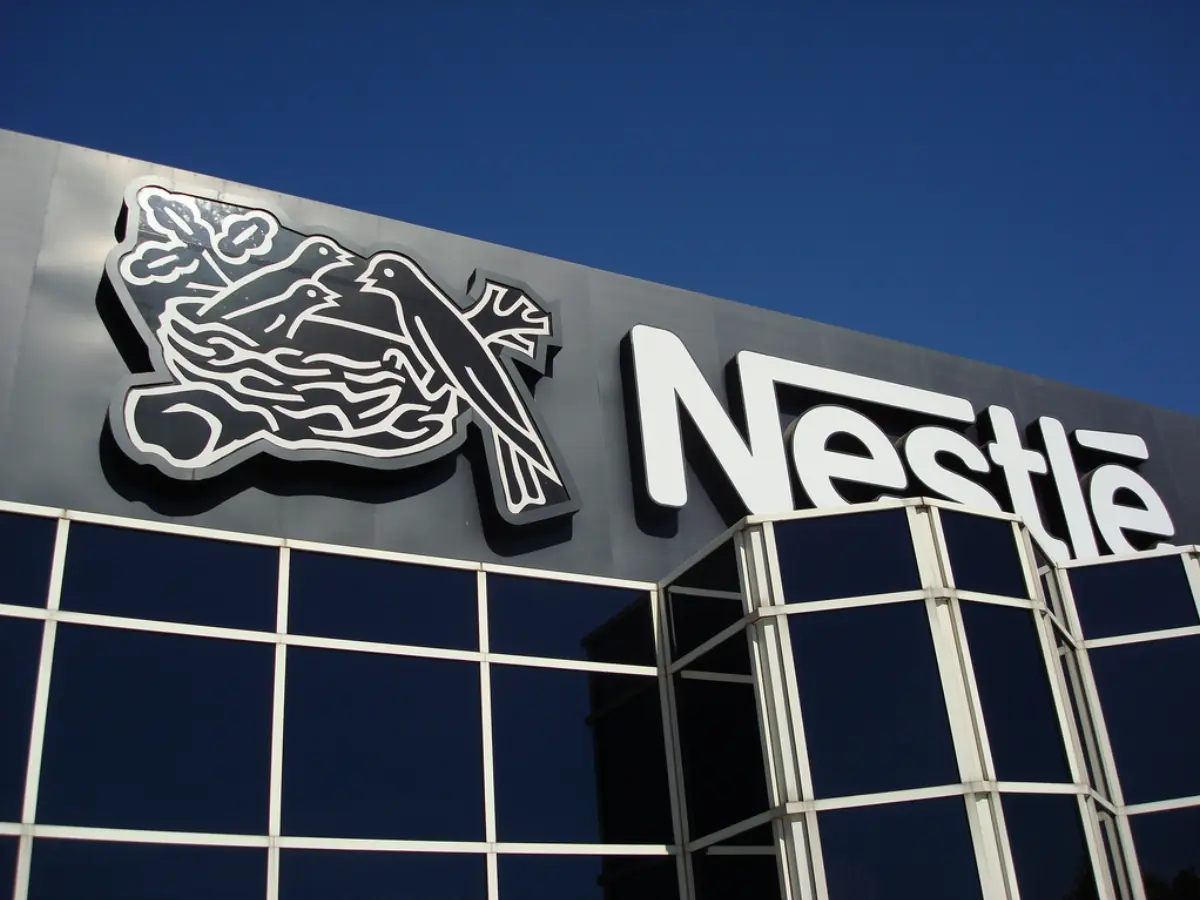
Do you want to access to this and other private contents?
Log in if you are a subscriber or click here to request service
Nestlé cocoa is increasingly sustainable
Goal: A deforestation-free supply chain by 2025/Annex

Nestlé's commitment continues to make its cocoa supply chain free from deforestation by 2025. Since joining the Cocoa and Forests initiative in 2017, the company has partnered with the governments of Côte d'Ivoire and Ghana (from which it gets most of its cocoa), with its suppliers, partners and communities of cocoa farmers. The main results, obtained so far by Nestlé, were recently published in a...
hef - 24862
EFA News - European Food Agency
EFA News - European Food Agency